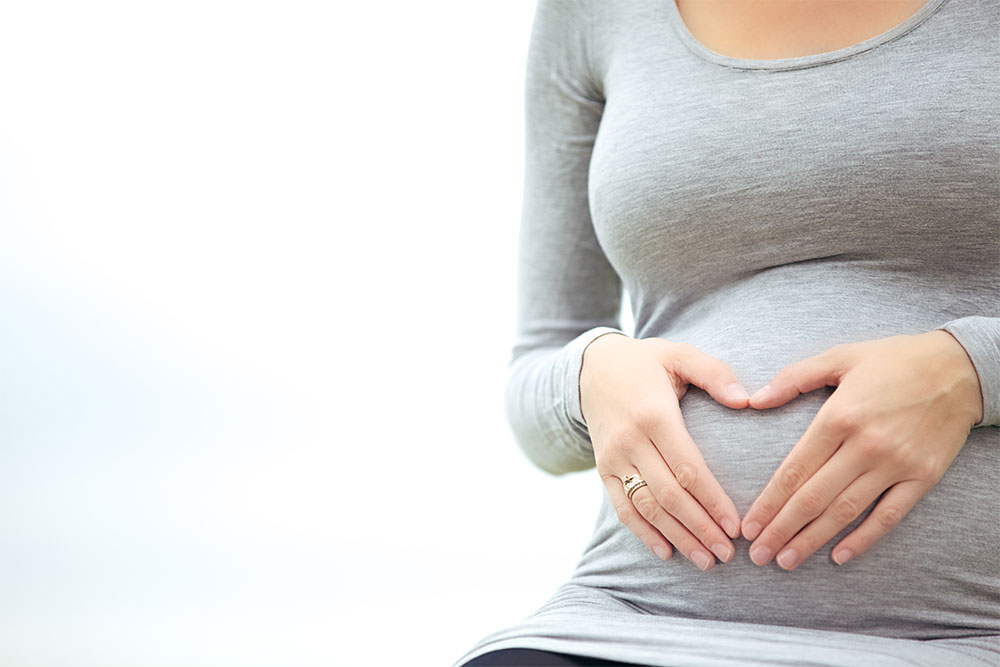Planning is everything. Whether it is your tasks for the day, your travel itinerary, or what your goals are several years down the line--you tend to have a plan for everything. Naturally, this extends to marriage and starting a family.
You wouldn’t want to be unprepared, would you? This is why, there are many aspects to take into consideration before starting a family. Aspects like ‘How long after marriage do you want to have a baby?’ ‘Are you and your partner financially ready for a child?’ ‘Is your current living situation conducive to a baby?’
Truth be told, there is no right or wrong time when it comes to starting a family. What matters is you and your partner, and whether you’ll are physically, mentally, emotionally, and financially ready for the responsibility that comes with having a child. Giving the rising cost of living, and with more couples choosing to focus on the careers and financial stability first, it is not uncommon to have children at a later stage.

Dr Vaishali Joshi, senior gynaecologist and obstetrician, Kokilaben Ambani Hospital, says, “The peak age of fertility and having babies now-a-days is between the ages of 27 to 32. Ideally, a woman’s fertility starts declining after the age of 35, but that does not mean you cannot try to get pregnant after 35. You must consult your doctor to understand how practical it is for your body, gauge your fertility, and accordingly choose the best time to conceive or plan for a later date.”
Dr Joshi says, “Pregnancy after the age of 35, is often described as a high-risk pregnancy. This does not mean that all women who are going to conceive after the age of 35 will have difficult pregnancies. It depends on how healthy and fit you are, and how you take on the pregnancy. International obstetrician and gynaecological societies have labelled it so because women above the age of 35 are prone to certain problems like gestational diabetes, high blood pressure, risk of miscarriage or operative delivery, premature labour, and multiple pregnancies (twins, triplets, if they opt for assisted reproduction) with age. The idea of labelling it high risk, is to be vigilant and proactively make sure that the pregnant woman remains fit, and is monitored closely to pick up the early onset of these problems so that its effects on the baby can be delayed or prevented.”

Dr Joshi lays down some ground rules to follow when planning to start a family:
Visit A Gynaecologist
Health is a priority and it is always better to conceive naturally. Consulting a gynaecologist for all the necessary checkup will help you understand how healthy you are, and prevent any unexpected concerns like low hemoglobin, vitamin deficiency, thyroid, or other hormonal imbalances. An internal examination or sonography is also carried out to assess whether your organs, uterus or ovaries are functioning optimally. Sometimes women may have cysts or fibroids which can sometimes affect the ability to conceive.
Lifestyle Changes

Pregnancy brings with it numerous physical changes to your body, and if you’re not in the best of health, it can lead to complications. Before planning for a baby, make sure you reduce your alcohol intake, quit smoking, get in ample exercise, and eat a well-balanced and nutritious diet, and ensure a holistic approach to your health and fitness. Additionally, regular check-ups are mandatory to keep track of your well-being.
Medical Conditions
If the woman has any medical conditions, such as diabetes, thyroid problems, or heart issues, one needs to make sure that it is safe for the woman to conceive. If she conceives when undergoing treatment for a serious health issue, she may develop serious complications with her pregnancy. Pregnancy while dealing with a medical condition means an alteration and modification of medication to pregnancy-safe doses so as to avoid developmental defects in the baby. It is imperative to protect the health of the mother and baby.
Contraception

If a couple has been using any contraception prior to planning for pregnancy, it’s important to disclose the information to your gynaecologist so that they may advise you on the way forward, and the appropriate time needed between the oral dose to time of conception to ensure a safe and healthy pregnancy.
Folic Acid
It is advisable to start taking folic acid prior to conception. This helps to ensure that when you conceive, the baby a good boost of folate and vitamin B9 from time of conception. Folic acid is very important for the baby’s development, particularly neurological development.